Tackling mental illness stigma in South Asian culture
By Briana Thomas
Staff Writer
It was not pain, I was just numb. It is hard to explain if you cannot feel anything. From the start of my sophomore year, I had mastered the art of drowning out the quiet, despairing thoughts that clawed and cozied in my mind. Why?
“They aren’t real.” I told myself.
I did not know where my despair was coming from. The word “depression” was absent from my vocabulary. I knew, however, that I was at fault, I was failing — I was defying expectations of who I was supposed to be with my suddenly inactive behavior. Defying the expectations set for me by my ancestors. The same ancestors’ whose blood now surges through my veins. I constantly questioned myself, “How can you be so selfish?”
Living in America, unlike most of all of my cousins, I had so much around me to keep me content and warm. Yet all that filled my soul was this sinister, bitter breeze, that still to this day I am unable to identify.
Mental illness in Asian American culture is not always, but more often, a problem that very few acknowledge, let alone imagine. One recent study conducted by the World Psychiatric Association, found that mental illness is the eighth leading cause of death for Asian-Americans, compared to 11th for the entire U.S. population. And the suicide rate of 11.6 per 100,000 for Asian women 65 and older is more than double that of white women. The reality is painful. I would know, as I myself have faced the depths of uncertainty, that come with a mental illness. A harrowing reality that is obscured by shame, misconceptions and stigma.
One of the most difficult factors of enduring a mental illness is accepting it. Many Asian teens are hesitant to express any psychological distress due to the societal and cultural constraints put upon them. Having a mental illness often times reflects poorly on family lineage. Also to be deemed “weak” is considered shameful in many Asian societies, decreasing the possibility of a patient to seek help. The dangerous weight of expectations acts as one of the biggest sources of poor mental health.
From my experiences, the most frightening part was the unknown. Medicine and perseverance could cure some of my problems, however, my anxiety is not something that would easily be controlled. The unseen presence of this monster, hoarding all my rational thoughts, only became more vicious as I ignored it. When experiencing a mental illness, your mind unwillingly embarks on this unabating journey that almost entirely seems to lack any solution. Comfort becomes a rarity. Simple tasks lack ease. Anxiety begins to hold you hostage inside your own mind.
Growing up, “How are you feeling?” was not a question myself, and I’m sure many other Asian teenagers, heard much of. Having been taught to suppress feelings and get things done makes it only more difficult for many teens to accept, or even acknowledge any discrepancies that may be present or that are growing in their mental health.
We cannot, and must not, blame the undermined reality of mental illnesses in Asian families solely on our parents. It is not that they do not care or accept our desolation, it is that they do not understand it. Some Asian parents cannot fathom or bear to think about any obstacle that could even slightly distort the shining path of academic success and preservation of cultural ideas/morals, especially not a “mental illness.”
Many cannot empathize with a pain that they have not experienced themselves. The amount of times I have heard stories about my parents childhood, and journey to “the land of opportunity,” is immeasurable. The monsoon rain trickling down on a hopeful girl, in a small town in Kerala,India, who never imagined she would set foot in America.
Or the countless stories describing the diurnal duties of managing the farm, maintaining the house or even walking kilometers to a small school where the indescribable smiles illuminating students faces show you just how much of a luxury the education which we label, “boring” or “unnecessary,” really is. It is on the weary and stooped shoulders of our parents that we now stand tall, able to reach unimaginable heights.
I can completely understand the outlook many South Asian parents may have on mental health. Many parents experienced tremendous upheavals that have shaped their outlook on life.
“I’m sure it will take a few generations before, those who feel restrained, can finally be free,” said a mother of two south Asian teenagers/girls. “We understand it, but it is hard finding a way to talk about it.”
Many Asian parents feel that if they are providing their kids with a home and a computer, they should be happy. That there is not really a major reason to be unhappy.
It is safe to say, that our parents have provided all that is necessary in order to keep us happy, in return, keeping them happy. But between the wide smiles, behind the joyful exterior and in those hopeful, rheumy eyes, lies an untold story – a tale of lonesomeness, anxiety, uncertainty and fear that they would rather leave untold. We have now become a chapter in this story.
But we have two options.
We can continue to silence the pain we feel, and never have a chance of revival. Or, we can take a step towards acceptance, towards making “mental illness” a less stigmatized, more open topic for our future generations.
As someone who experiences anxiety, I have learned not only to acknowledge it but find ways to ease the distress that has been inflicted upon me. Finding ways to cope with my anxiety led me to find ways to improve other aspects of my life – most of which have been very beneficial.
Although it may be a difficult journey, I have great faith that any and every individual who is going through such stress can find peace in themselves, as I am continuing to do, through trusted advisors and peers. Taking that step for me has been very impactful and I encourage you to find ways to do the same. The pain I have felt while writing this is less than the depth of the impact someone can make by reading it. We must not let the often intense societal demands of our culture silence us, we must fight for something more.
So for the sake of our future generations, let us close this chapter of suppression, and pain, and open up a chapter where the voices that have been silenced for so long are no longer just echoes, but reality.



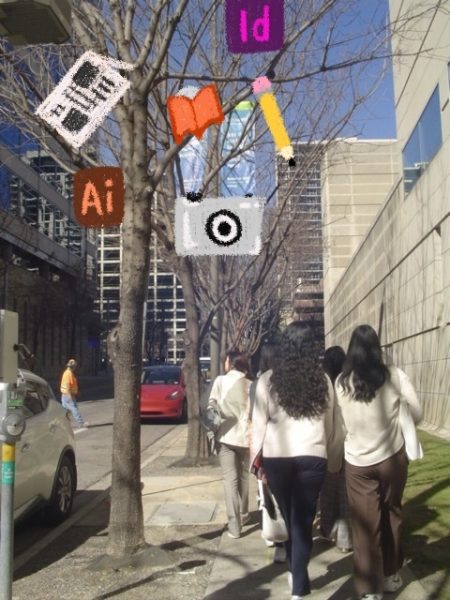
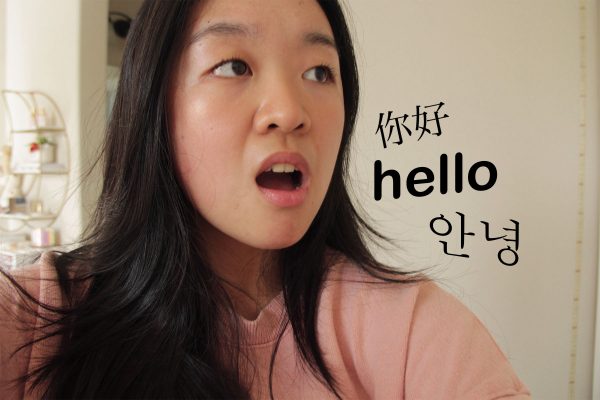
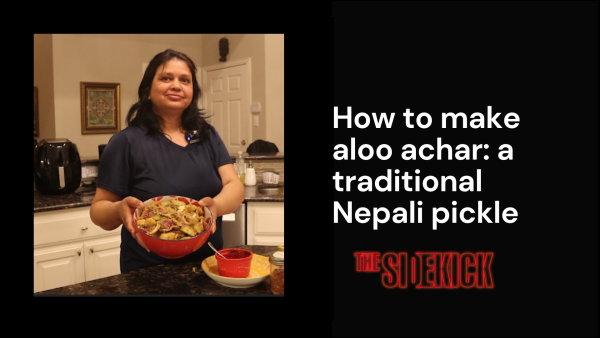

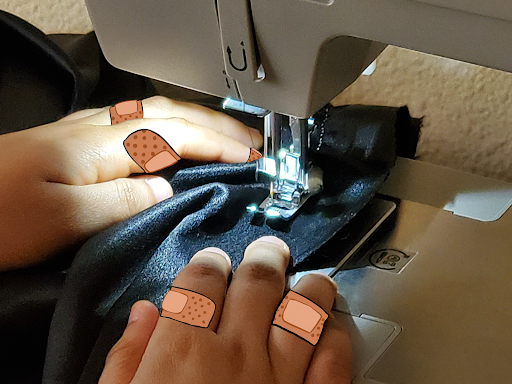
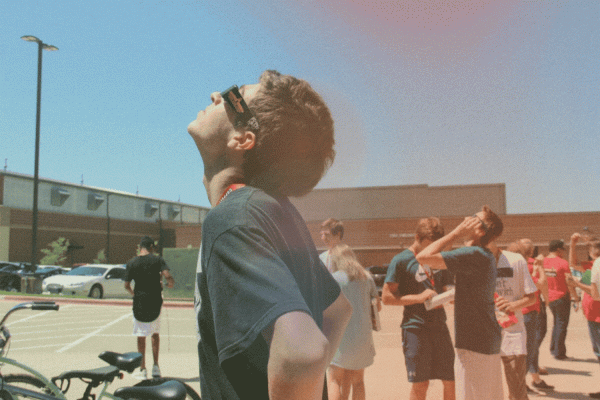
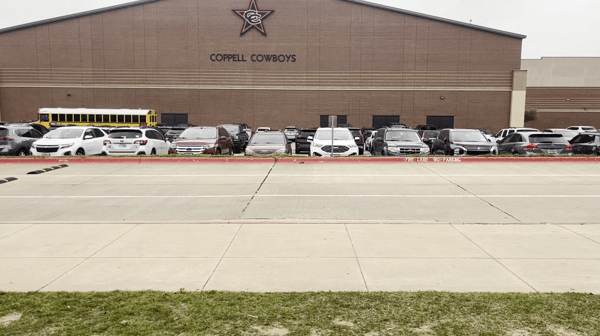
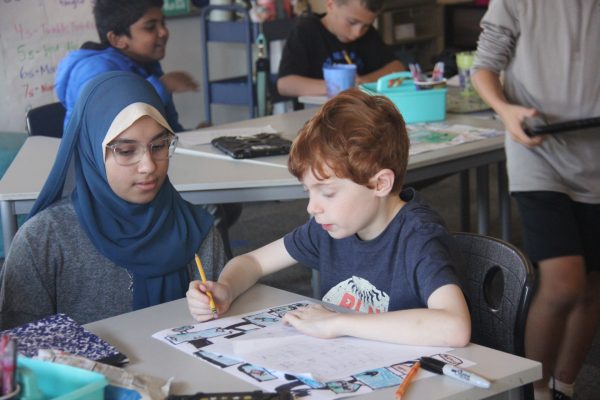
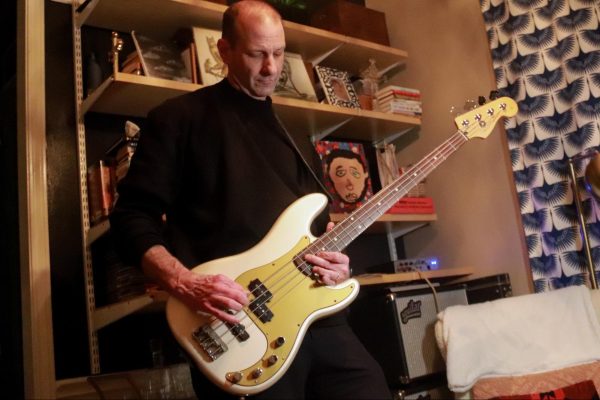
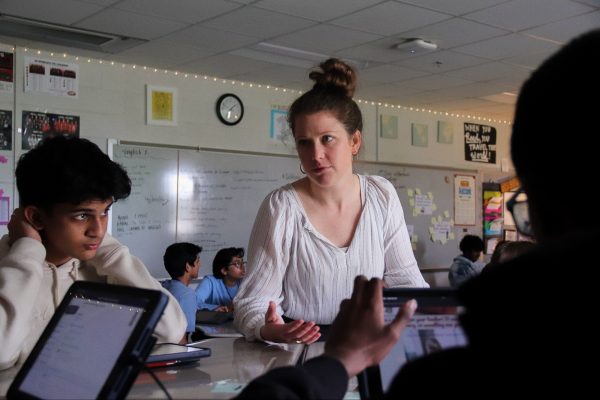
Anjana • Jan 4, 2016 at 10:54 am
This is brilliant Brianna. It truly touched me and for yours and every other suppressed person’s sake, I will try my best to help. Love ya.
Meha • Jan 3, 2016 at 4:50 pm
It is indeed amazing
Meha • Jan 3, 2016 at 4:49 pm
Wow 🙂
Shruthika • Dec 30, 2015 at 1:06 pm
Amazing article Briana!! I am the freshman representative for my college’s Indian Student Association and though it is not part of my job description, I love sharing social awareness issues and articles pertaining to such things with my freshman class. I’ll definitely be posting the link to your article on my class page as I strongly agree with everything you had to say about Asian-Americans and how we approach mental illnesses. Glad to see you take a step forward for yourself, and help so many others to do so as well!
Briana Thomas • Dec 30, 2015 at 2:24 pm
That would be so great Shruthika! Thanks for reading and glad you found it meaningful 🙂